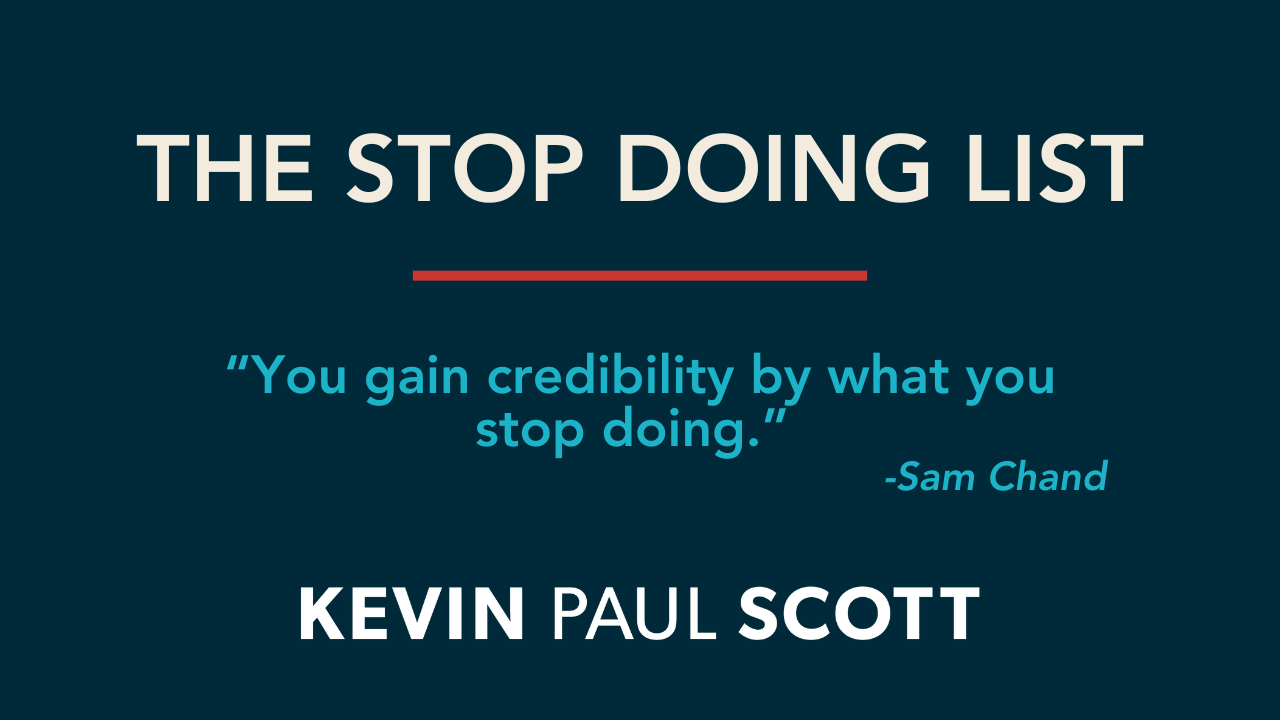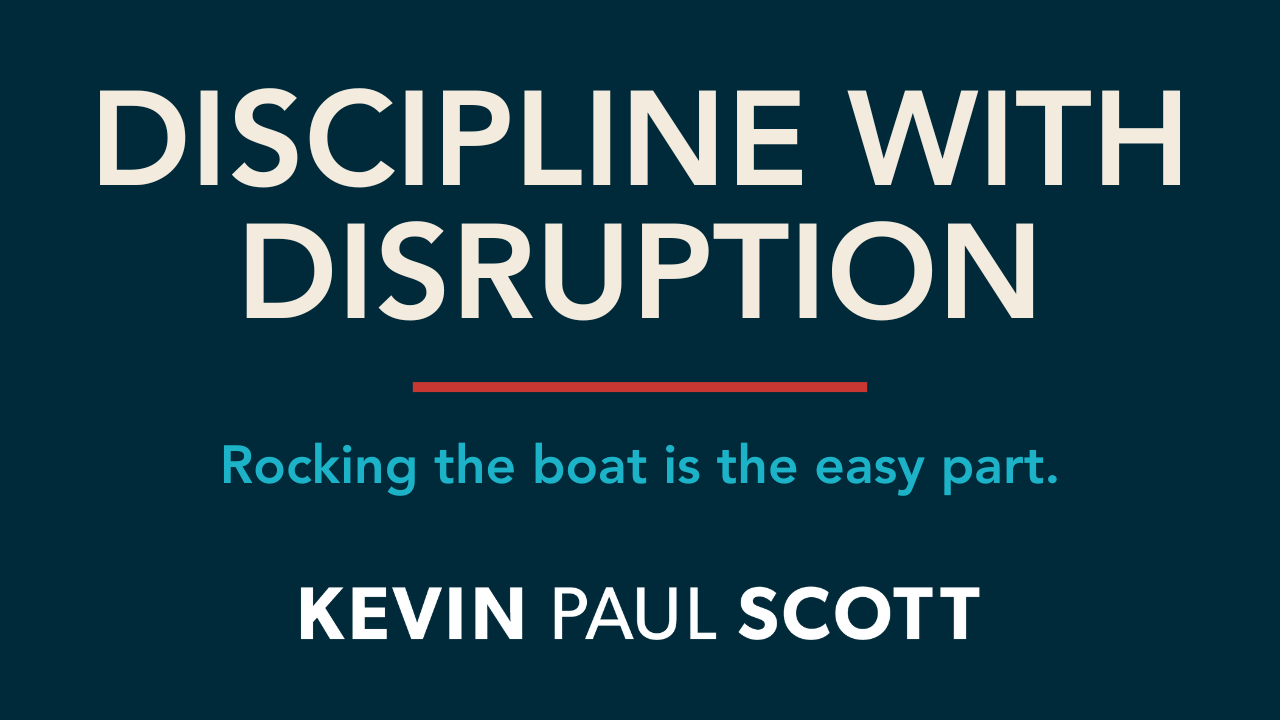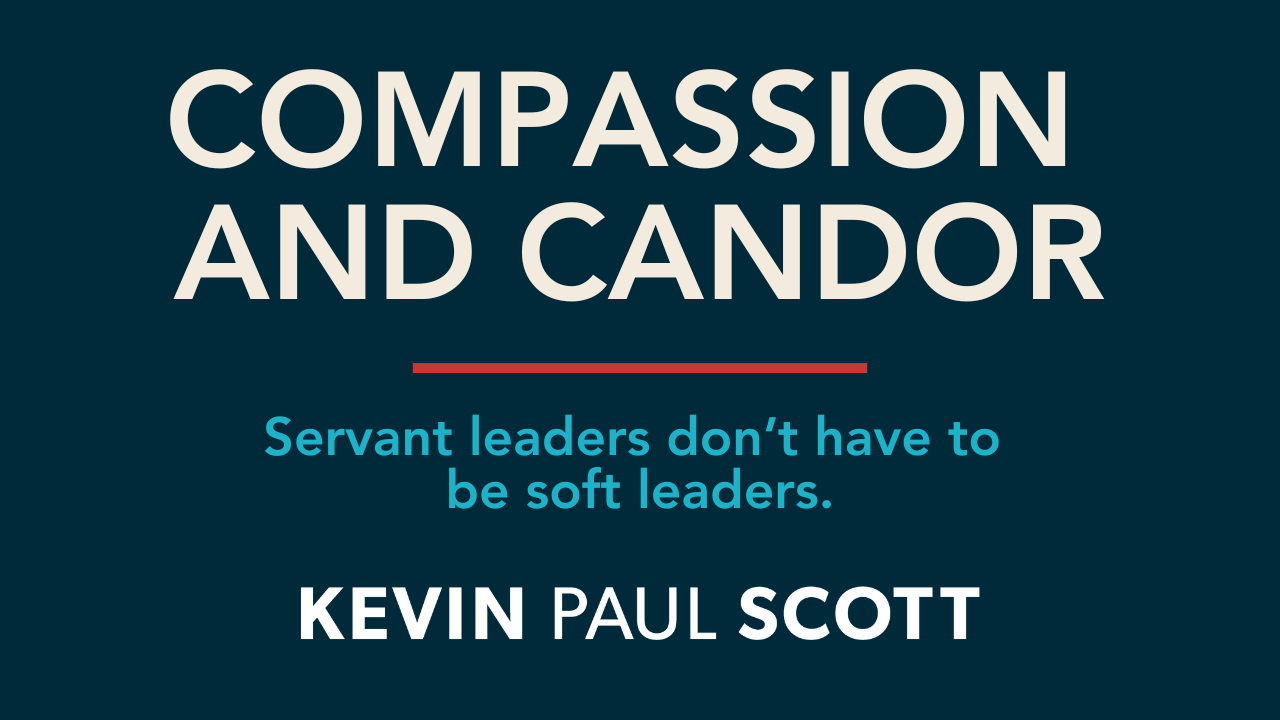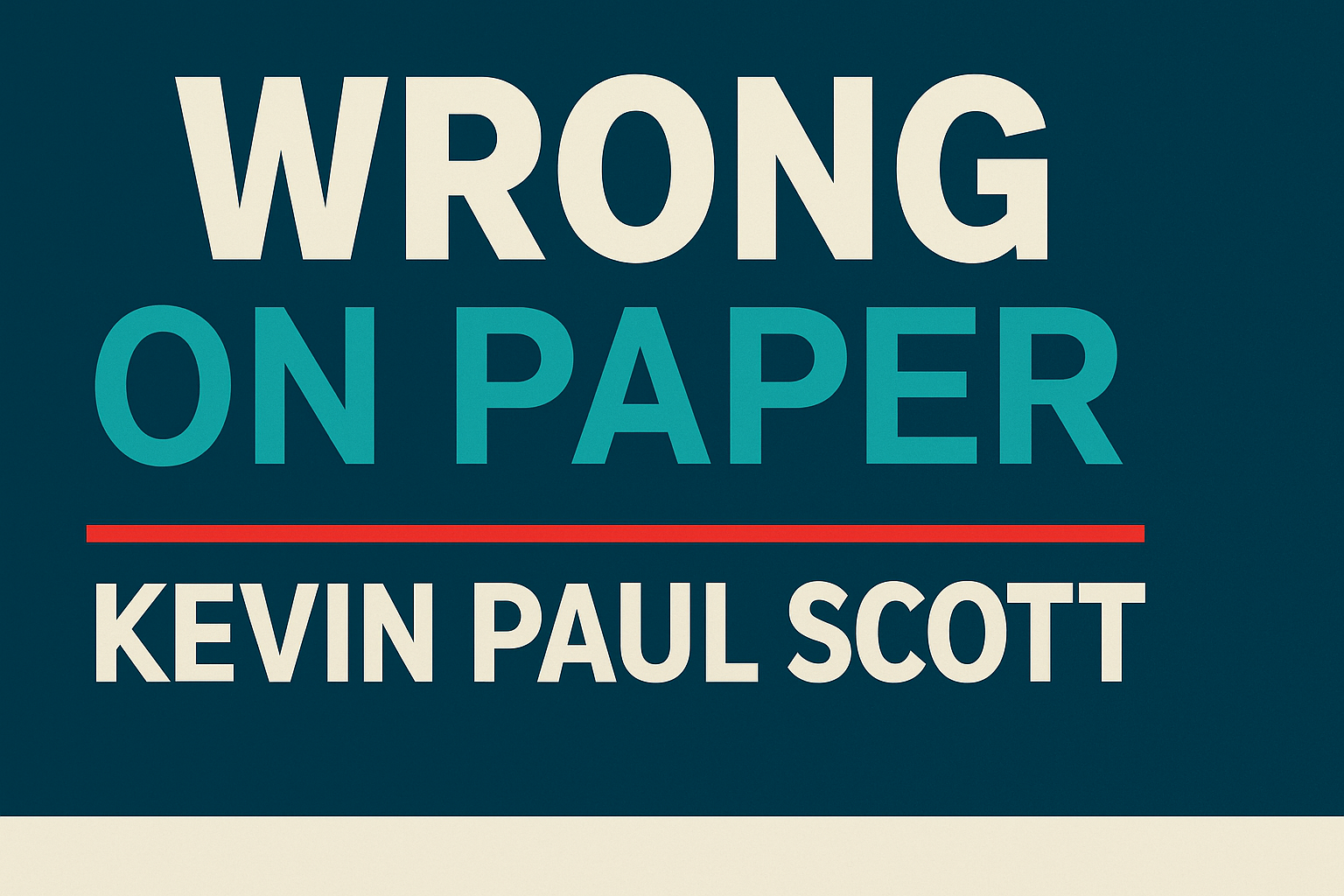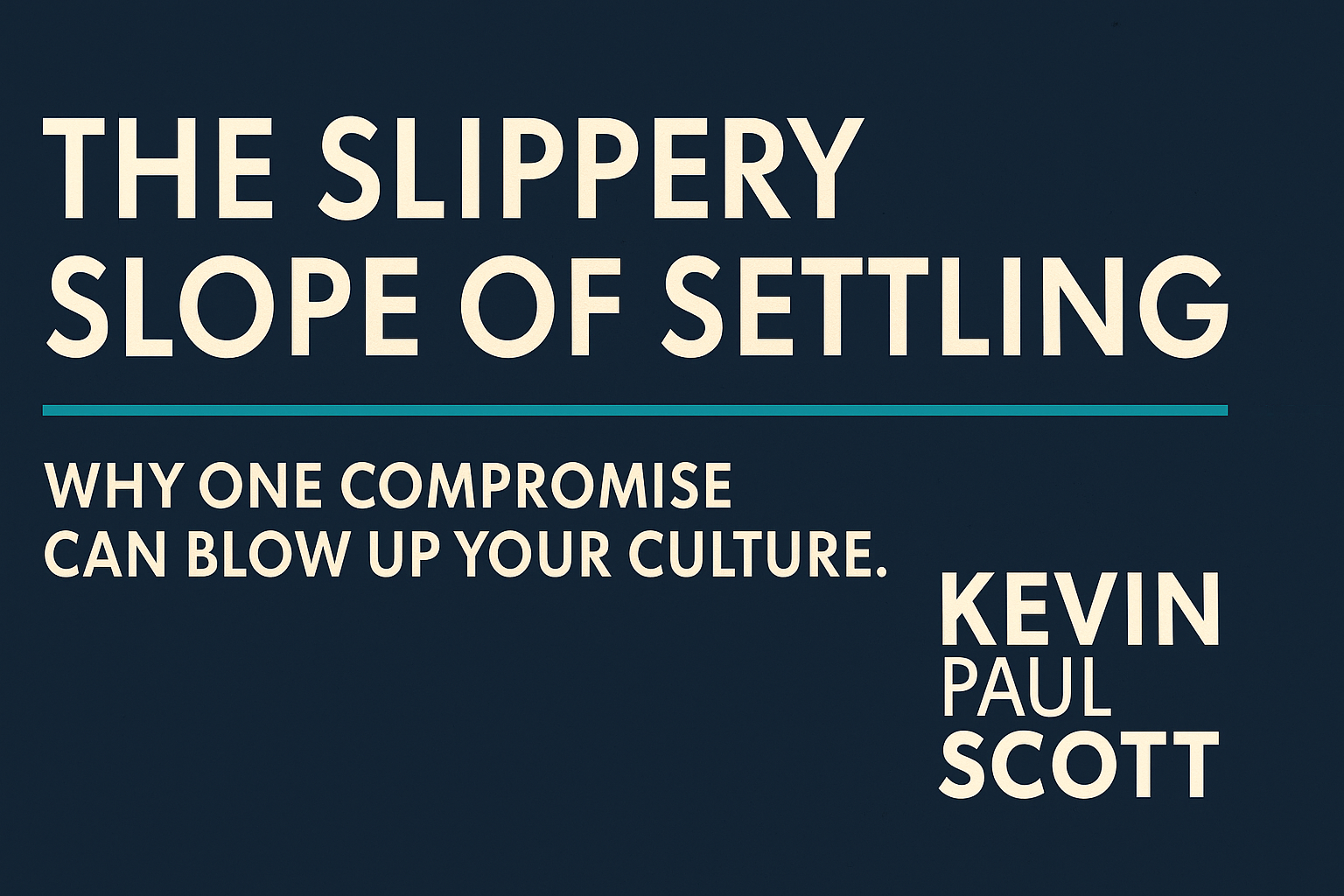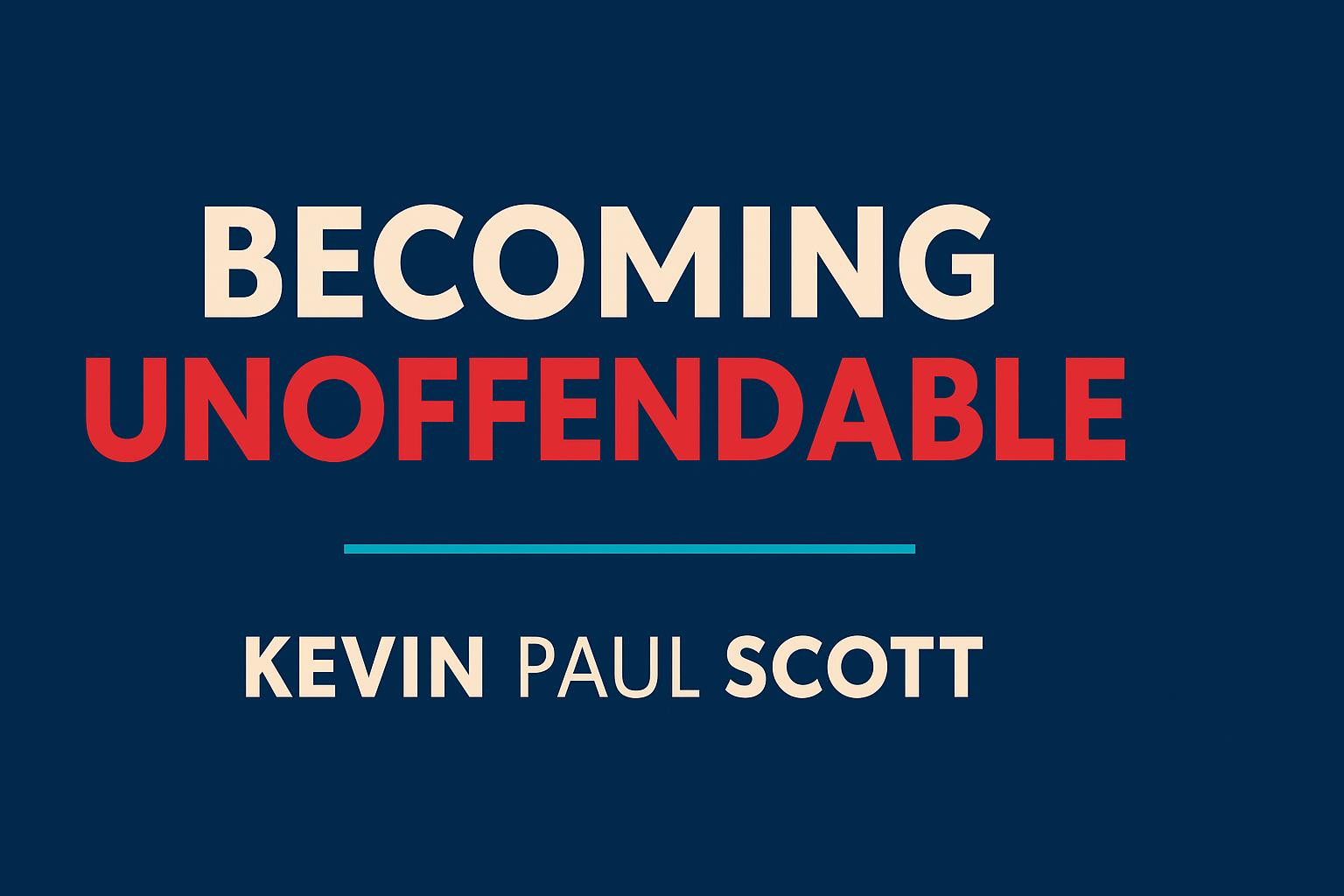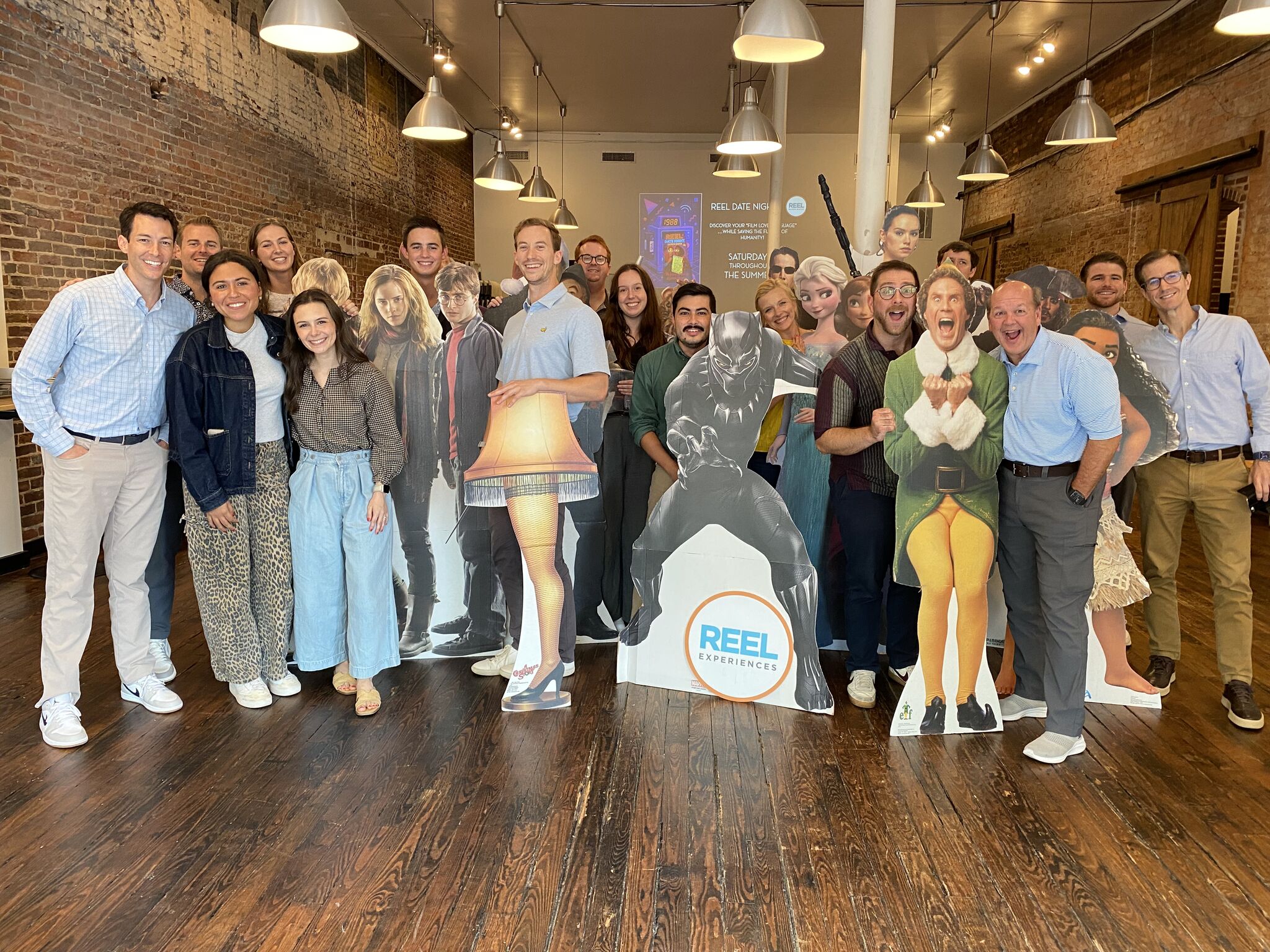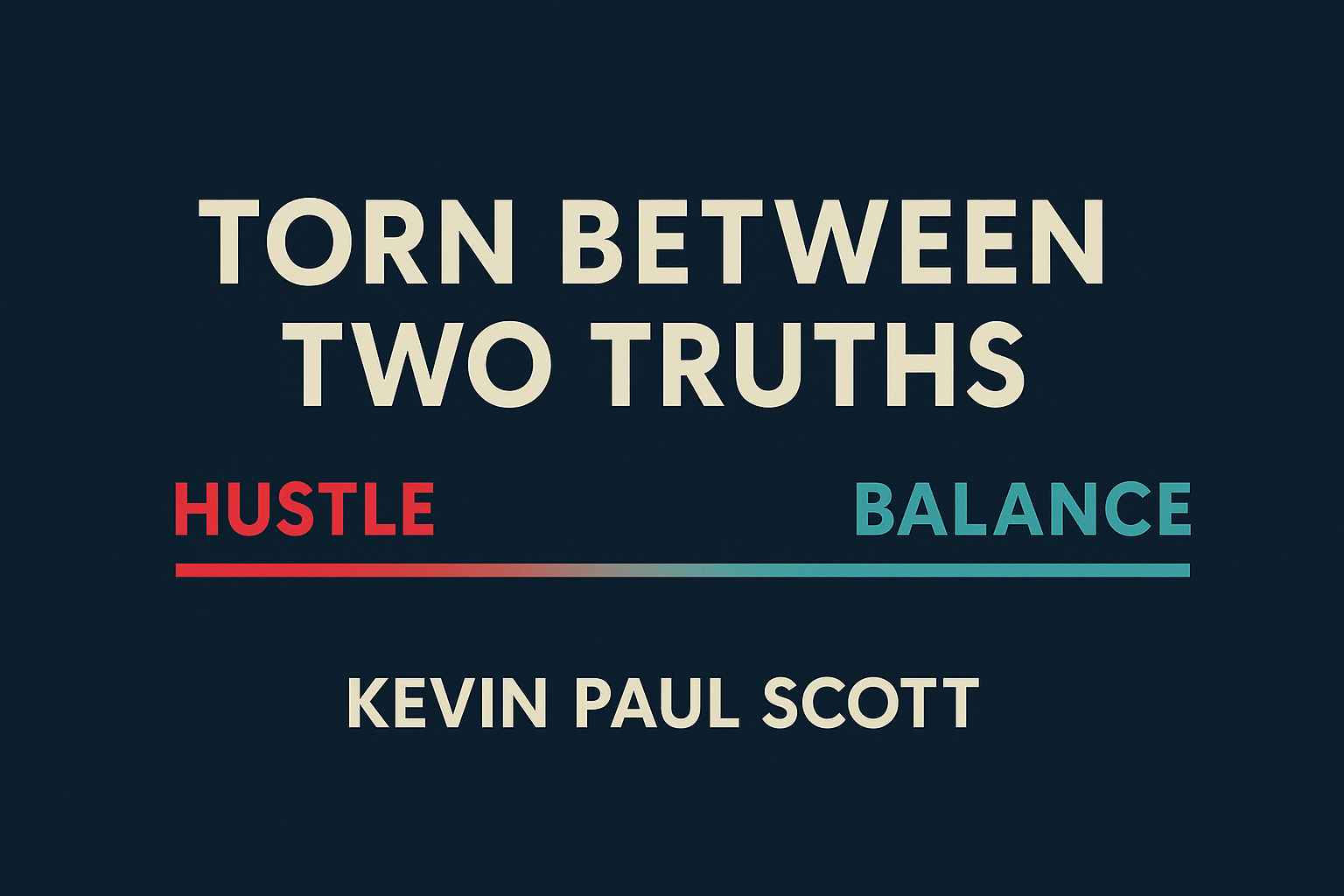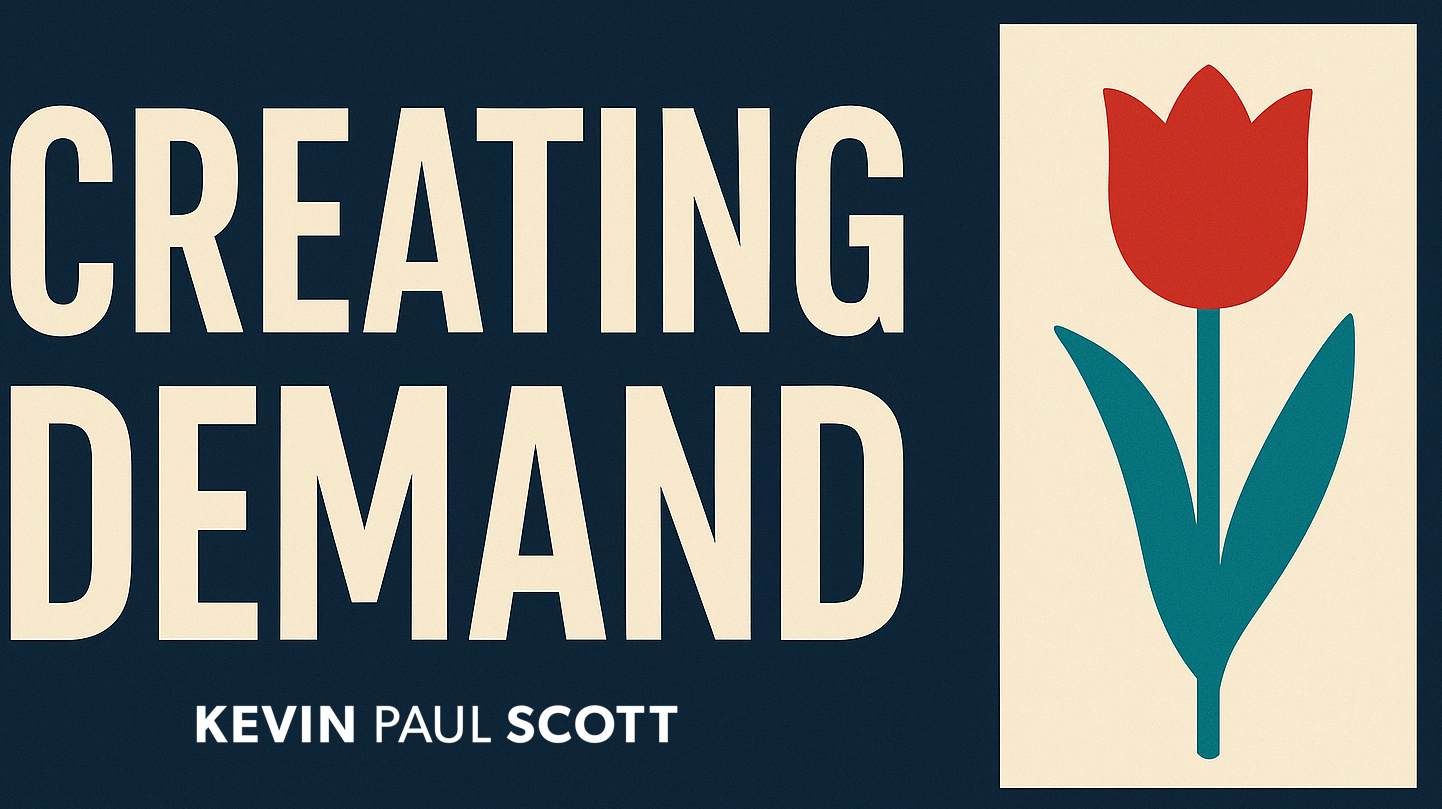Some of the most powerful decisions you’ll make in life and in leadership will look completely wrong on paper.
The spreadsheet says “don’t do it.”
The data screams “not worth the risk.”
The consultant’s model gives you a polite but firm “no.”
But your gut, your team, or one powerful story tells you otherwise.
It’s in those moments that you find out what kind of leader you are. Do you have the courage to choose the anecdote over the algorithm?
Albert Einstein famously said, “Not everything that counts can be counted, and not everything that can be counted counts.” In business, this isn't just poetic, it’s practical. Because sometimes, a decision that doesn’t add up on paper ends up being exactly what adds up in real life.
History is filled with stories of companies that made counterintuitive decisions, moves that looked wrong on paper, but proved to be exactly right. Here are a few:
1. Costco’s $1.50 Hot Dog and Soda Combo
By every business metric, Costco should have raised the price of its $1.50 hot dog and soda combo years ago. It’s been the same price since 1985. Economists would call this irrational. Inflation alone should have pushed it to $4 or $5.
When pressured by executives to raise the price, Costco co-founder Jim Sinegal famously responded: “If you raise the effing hot dog, I will kill you.” (His words, not mine!)
Why? Because it’s not just about margin, it’s about the message. The combo is a symbol of Costco’s commitment to value. It builds loyalty and trust with customers. It’s a small detail that communicates a massive principle.
Loyalty isn't always built on logic. Sometimes, keeping a promise costs you today but earns you trust forever.
2. Apple’s Retail Stores
When Apple first announced it would open brick-and-mortar stores in 2001, critics pounced. Gateway had just failed with its own retail experiment. Analysts called Apple’s plan “a costly mistake” and “a recipe for disaster.”
But Steve Jobs believed that people needed to experience Apple, not just buy it. He wanted to create a space where brand, design, and customer support collided.
Today, Apple Stores generate more revenue per square foot than any other retailer in the world.
Just because something didn’t work for others doesn’t mean it won’t work for you. If your story is different, your outcomes can be, too.
3. Airbnb’s New York Gamble
In Airbnb’s early days, most investors laughed them out of the room. But co-founders Brian Chesky and Joe Gebbia saw something others didn’t. People in New York were actually using the platform, even though the product was clunky and trust was a major issue.
On paper, the data was weak. Growth was slow. The model was risky. But Chesky and Gebbia flew from California to New York, met hosts in person, and manually improved their listings with better photos, better descriptions, and better experiences.
It wasn’t scalable, and it certainly wasn’t efficient. But it worked.
That early, personal effort became the foundation for the trust economy Airbnb built and a $100 billion company was born.
If you find an anecdote that contradicts the data, pay attention. The story might be the signal in the noise.
This story is a feature in ADDO’s new podcast, with the same title as this post. Wrong on Paper, is hosted by Aaron Fossas and David Salyers, of Chick-fil-A fame. I’d encourage you to check out the Airbnb story, broken into 6 chapters.
I love how Aaron and David share that when data and anecdotes contradict, great leaders don’t automatically side with the numbers. They pause. They dig deeper. They remember that behind every data point is a person, and sometimes one powerful story matters more than a thousand data sets.
Remember that spreadsheets don’t build movements. Stories do.
We’re not dismissing data. But when the numbers say “no,” and the stories say “yes,” don’t dismiss the story so quickly. It might just be the early evidence of a trend. Or the beating heart of your brand.
In a world obsessed with optimization, have the courage to make a decision that’s wrong on paper if it’s right in principle.

























.svg)



